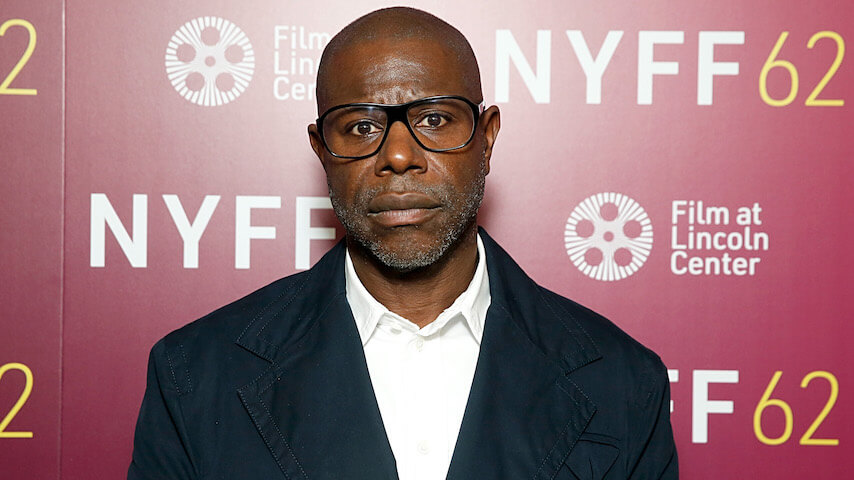Steve McQueen shares cancer diagnosis, says he's "fully recovered" after surgery
In a speech to the UK House of Commons today, McQueen will emphasize the importance of early detection.
Photo: Dominik Bindl/Getty Images for FLC
Acclaimed director Steve McQueen shared both his prostate cancer diagnosis and fully clean bill of health on the same day. In a new interview with Deadline, the filmmaker revealed that he had surgery to remove a cancerous tumor two years ago, which delayed the production of his World War II epic Blitz by two weeks. At the time, he returned to work without telling any of the cast and crew the reason for his absence because he didn’t want any of them to be “concerned” and distracted from the filmmaking process. “And that was it. I really just wanted to get on with the job. And that’s kind of like who I am. I’m a ‘get on with it’ kind of person,” he told the outlet of his decision to keep the diagnosis private.

 Keep scrolling for more great stories from A.V. Club.
Keep scrolling for more great stories from A.V. Club.